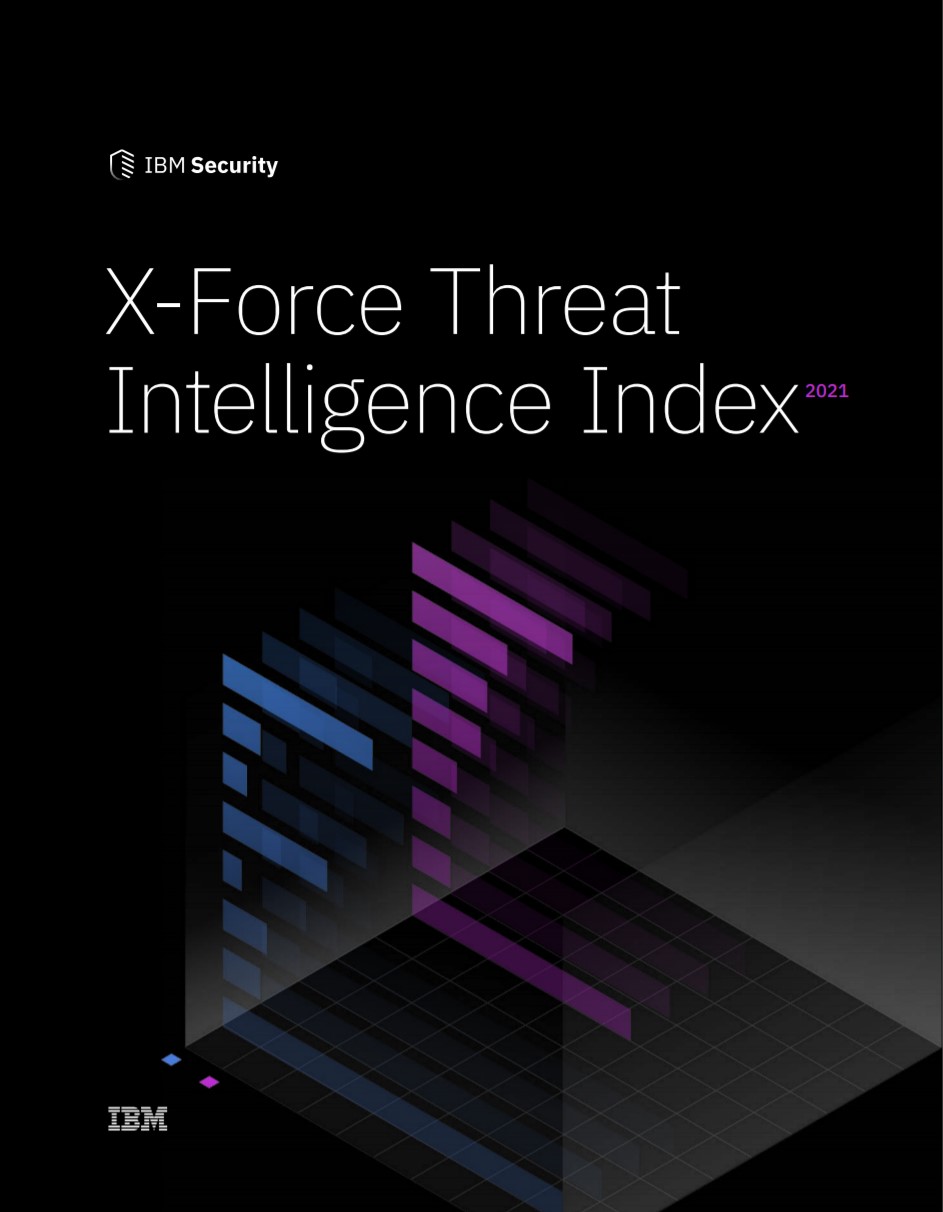Researchers spot opportunistic phishing attacks in wake of Kaseya VSA ransomware
Phishing campaign claims to offer emergency patches to fix vulnerable software


Hackers have been discovered launching opportunistic phishing attacks against victims that pretend to be security updates for the Kaseya VSA product, vulnerable software recently exposed to a ransomware attack.
The phishing emails warn victims that they should “install the update from Microsoft to protect against ransomware as soon as possible. This is fixing a vulnerability in Kaseya", according to a blog post by Malwarebytes.
This appears to be a classic example of an opportunistic attack likely conducted by another hacking group off the back of a high-profile cyber attack, the researchers claim.
“With Kaseya being a big name in the MSP world and the company attempting to take their VSA SaaS platform off the ground, post-attack, it’s the perfect time and opportunity to also capitalize on organizations who are eagerly waiting for the hotfix that REvil exploited in the first place so they can get back to business as quickly as possible,” said the researchers.
The emails appear to be using SecurityUpdates.exe and ploader.exe as attachments, both of which use the Cobalt Strike payload.
Researchers also noted that the location where the payload is hosted appears to be the same IP address used in another malspam campaign that was pushing Dridex, a known information stealer. They added that hackers behind Dridex campaigns were also observed using Cobalt Strike.
RELATED RESOURCE

X-Force Threat Intelligence Index
Top security threats and recommendations for resilience
Cobalt Strike itself is legitimate software used as “adversary simulation software”, however, ransomware actors have abused such software to target organizations.
Sign up today and you will receive a free copy of our Future Focus 2025 report - the leading guidance on AI, cybersecurity and other IT challenges as per 700+ senior executives
Last month, researchers at Proofpoint said that the use of legitimate tools, such as Cobalt Strike, had increased 161% from 2019 to 2020 and remains a high-volume threat in 2021.
Researchers warned organizations affected by the Kaseya ransomware attack should only get patches straight from their vendor.
“Links and/or attachments sent over your way, even from a trusted colleague, should be suspect until you have confirmed with your vendor of the availability of a patch and where or how to get it,” they added.
“Opportunists will show no mercy in targeting cyber attack victims multiple times as long as they get something out of it.”
Researchers added that with the use of Cobalt Strike, hackers intend to also gain access to already-compromised systems, possibly for further reconnaissance or to conduct a local, follow-up attack.
Rene Millman is a freelance writer and broadcaster who covers cybersecurity, AI, IoT, and the cloud. He also works as a contributing analyst at GigaOm and has previously worked as an analyst for Gartner covering the infrastructure market. He has made numerous television appearances to give his views and expertise on technology trends and companies that affect and shape our lives. You can follow Rene Millman on Twitter.
-
 Everything we know so far about the Nike data breach
Everything we know so far about the Nike data breachNews Hackers behind the WorldLeaks ransomware group claim to have accessed sensitive corporate data
-
 There’s a dangerous new ransomware variant on the block – and cyber experts warn it’s flying under the radar
There’s a dangerous new ransomware variant on the block – and cyber experts warn it’s flying under the radarNews The new DeadLock ransomware family is taking off in the wild, researchers warn
-
 Hacker offering US engineering firm data online after alleged breach
Hacker offering US engineering firm data online after alleged breachNews Data relating to Tampa Electric Company, Duke Energy Florida, and American Electric Power was allegedly stolen
-
 Cybersecurity experts face 20 years in prison following ransomware campaign
Cybersecurity experts face 20 years in prison following ransomware campaignTwo men used their tech expertise to carry out ALPHV BlackCat ransomware attacks
-
 15-year-old revealed as key player in Scattered LAPSUS$ Hunters
15-year-old revealed as key player in Scattered LAPSUS$ HuntersNews 'Rey' says he's trying to leave Scattered LAPSUS$ Hunters and is prepared to cooperate with law enforcement
-
 The Scattered Lapsus$ Hunters group is targeting Zendesk customers – here’s what you need to know
The Scattered Lapsus$ Hunters group is targeting Zendesk customers – here’s what you need to knowNews The group appears to be infecting support and help-desk personnel with remote access trojans and other forms of malware
-
 Impact of Asahi cyber attack laid bare as company confirms 1.5 million customers exposed
Impact of Asahi cyber attack laid bare as company confirms 1.5 million customers exposedNews No ransom has been paid, said president and group CEO Atsushi Katsuki, and the company is restoring its systems
-
 The US, UK, and Australia just imposed sanctions on a Russian cyber crime group – 'we are exposing their dark networks and going after those responsible'
The US, UK, and Australia just imposed sanctions on a Russian cyber crime group – 'we are exposing their dark networks and going after those responsible'News Media Land offers 'bulletproof' hosting services used for ransomware and DDoS attacks around the world


